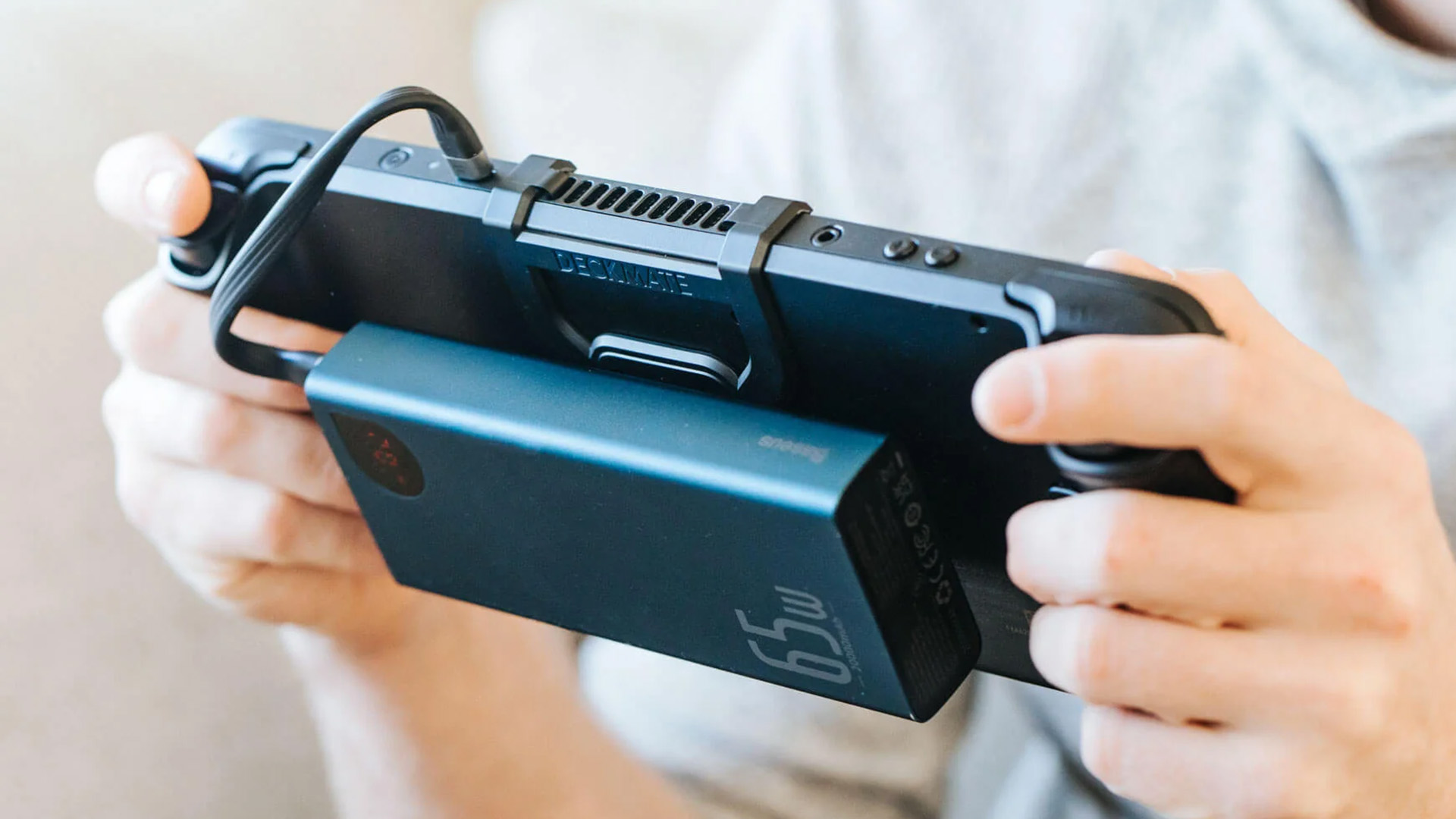
The Steam Deck ushered in a new gaming era, where you can enjoy AAA titles while lounging in your bed using a handheld device. It is no secret that gamers and enthusiasts alike are eagerly anticipating a potential Steam Deck 2 with massive improvements in the APU industry over the past five or so years. However, Valve has clarified that the Steam Deck 2 will likely not be hitting shelves anytime soon until a "generational leap in compute" takes place, as reported in an interview with Reviews.org.
The RDNA architecture from AMD was leagues ahead of its Vega offerings in terms of performance and driver support. With just the second iteration, RDNA 2, Valve in partnership with AMD designed a custom chip for the Steam Deck codenamed Van Gogh.
The Steam Deck's APU featured four Zen 2 cores and an eight Compute Unit-based RDNA 2 iGPU, with both architectures dating back to at least 2020. Even with the OLED refresh last year, performance improvements were notable for their absence.

AMD's latest Strix Point APUs (Ryzen AI 300) are based on Zen 5 and RDNA 3.5, and likewise when hit up with the question of a potential successor, Steam Deck designer Lawrence Yang replied, "It is important to us, and we’ve tried to be really clear, we are not doing the yearly cadence.”
It appears that Valve is taking an approach similar to Nintendo, Sony, and Microsoft. Even the newest PS5 Pro is still based on the old Zen 2 architecture. While improvements have been made in the handheld industry, with Intel also joining the battle with its Lunar Lake (Core Ultra 200V) CPUs, they are not significant enough to justify a Steam Deck 2, at least yet. "So we really do want to wait for a generational leap in compute without sacrificing battery life before we ship the real second generation of Steam Deck," explained Yang.
On the more technical side, APUs nowadays are hardly faster at sub-15W levels than they were with Rembrandt (Ryzen 6000 Mobile). Lunar Lake is a step in the right direction due to its design choices but if even that is insignificant for Valve, then the Steam Deck 2 may be a large jump in performance and battery life. Valve is also working on an ARM64 version of Proton, so using Arm cores alongside a GPU solution from Intel/AMD/NVIDIA is also a possibility like the Nintendo Switch.







